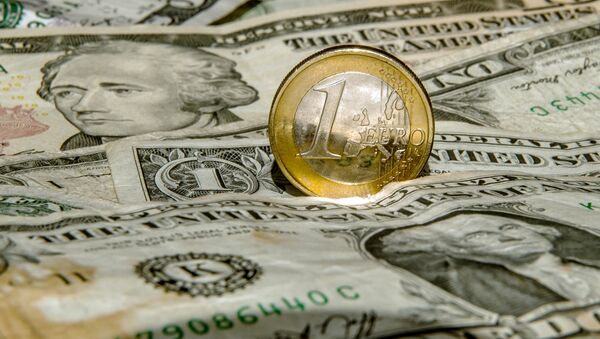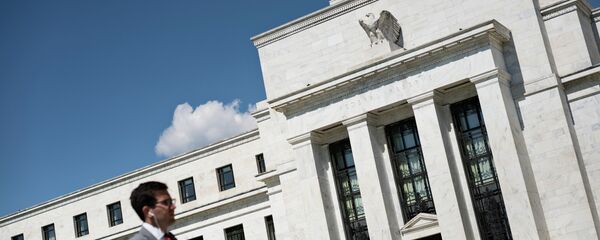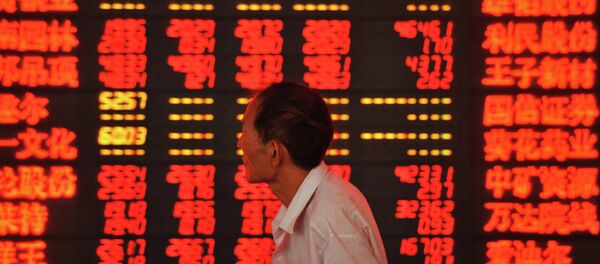Kristian Rouz – As tensions rise in international politics, propelling FX markets’ demand for the US dollar to fresh highs, the US Fed seems utterly unable to fend off the greenback’s harmful strength. On the other hand, the Euro finds itself on track to become the new dominant currency in global finance.
During the past three decades, international investors had been little bothered by political violence and international tensions across the globe, as an abundance of the inexpensive dollar provided enough financial resources to hedge against political risk. Now, as the US dollar is on the rise there is less wiggle room for market participants, resulting in rife financial volatility here and there caused by political concerns.
Meanwhile, the recent terrorist attacks in Paris, France, failed to affect the nation’s finance. France’s main stock index, the CAC 40, fluctuated within its normal trading gauge following the outbreak of violence. More recently, the spark of political tensions between Russia and Turkey provided only a minor shock to international financial markets, while the domestic political instability in Germany resulting from a speculation that the Merkel cabinet might resign over the immigration crisis did not affect the nation’s bourse at all – the DAX Index actually rose amidst the media controversy.
The reason is that European investors are increasingly reliant on the ECB providing an abundance of euro liquidity, slowly pushing the US dollar off the trading floors. The US Fed might be consciously retreating into economic isolationism as the United States is relying more on their domestic market in terms of growth and output. Besides, Germany has emerged in the recent years as a major industrial exporter and Europe is challenging the US’s technological dominance in emerging markets as well.
The tightening by the US Fed would diminish the dollar’s fluidity in global markets, and even more so as global devaluation trends are still intact. Meanwhile, as the ECB is pumping even more euros into the world economy, Frankfurt’s cut in global finance is poised to exceed that of Washington. As political tensions rise across the world, investors will use more affordable financial tools, and in this regard, a cheaper euro looks more promising than an expensive dollar.





